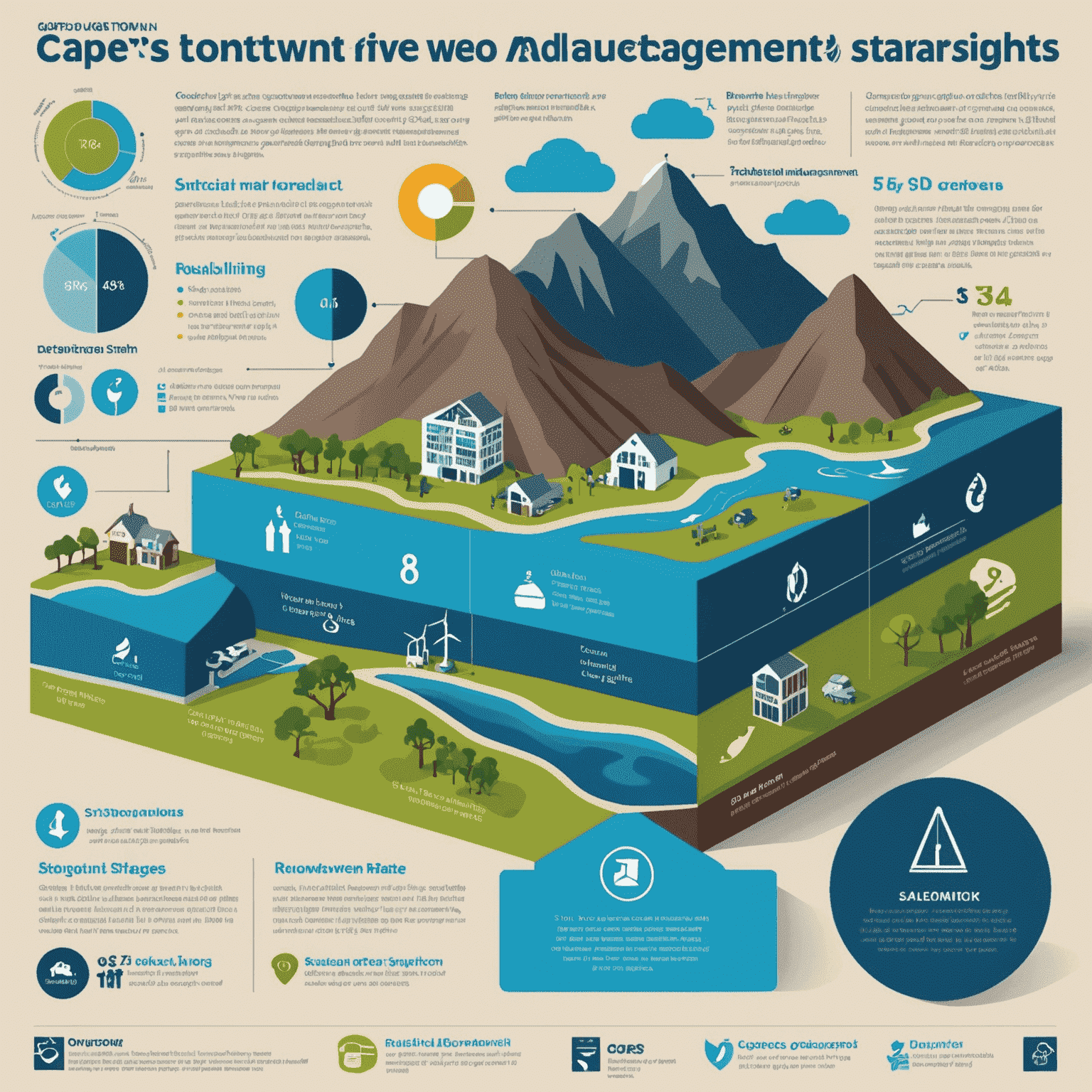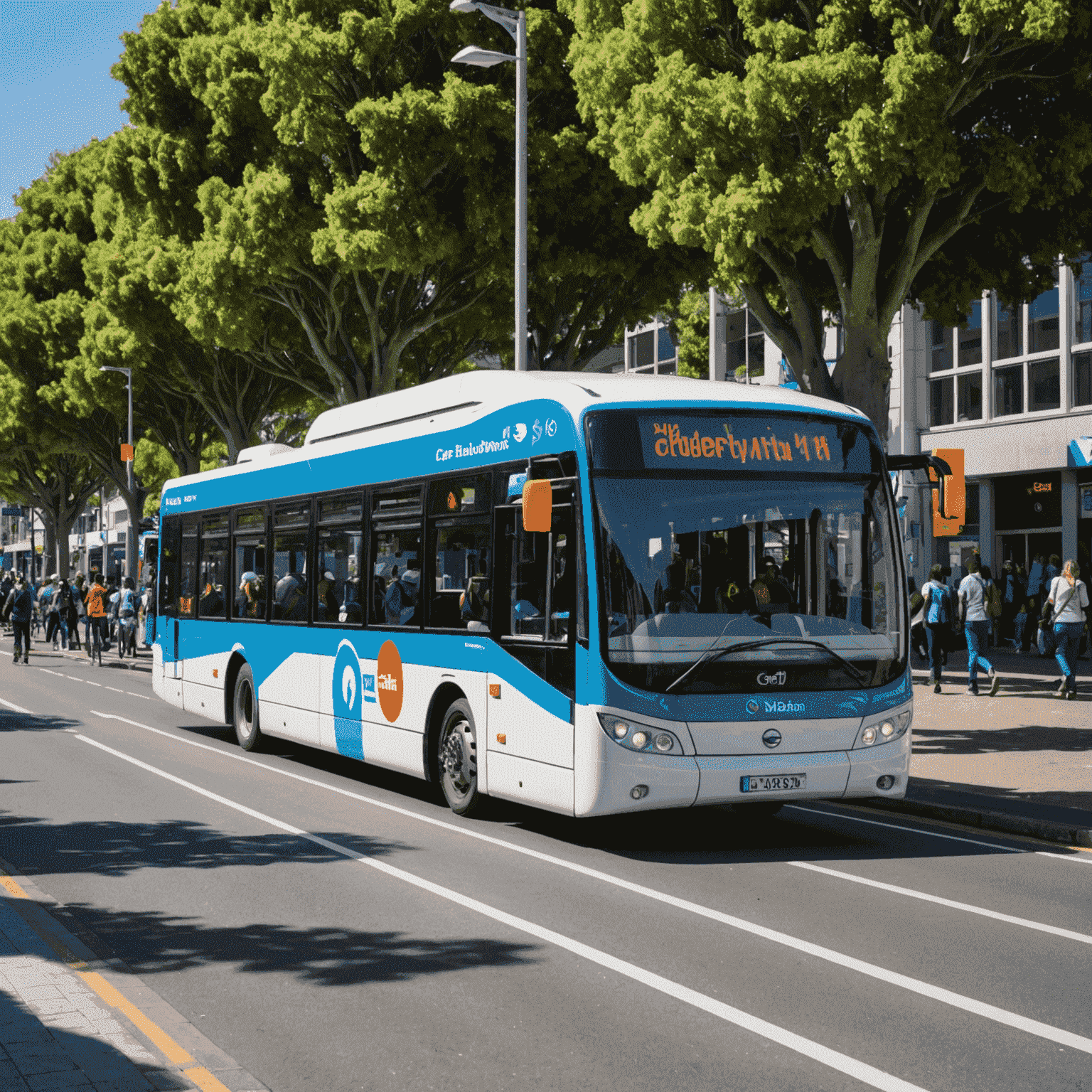Sustainable Urban Planning in Cape Town

Cape Town, South Africa's legislative capital, is at the forefront of sustainable urban development in Africa. This article explores the city's innovative approaches to creating a more environmentally friendly and livable urban environment.
Strategic Management of Urban Resources
Cape Town's urban planners have implemented a comprehensive strategic management approach to address the challenges of rapid urbanization. By focusing on long-term sustainability goals, the city has developed a framework that balances economic growth with environmental conservation.
Efficient Stock Management for Sustainable Infrastructure
One of the key aspects of Cape Town's sustainable urban planning is the efficient stock management of resources and infrastructure. This includes:
- Water conservation initiatives
- Renewable energy projects
- Waste reduction and recycling programs

Green Building Initiatives
Cape Town has introduced strict building codes that promote energy efficiency and sustainable design. New developments are required to incorporate:
- Solar water heating systems
- Rainwater harvesting
- Energy-efficient lighting and appliances
Public Transportation and Mobility
To reduce carbon emissions and improve urban mobility, Cape Town has invested in:
- Expanding the MyCiTi bus rapid transit system
- Creating dedicated bicycle lanes
- Implementing smart traffic management systems

Urban Greening and Biodiversity
Cape Town's commitment to environmental conservation is evident in its urban greening initiatives:
- Creation of new parks and green spaces
- Protection of indigenous flora and fauna
- Community gardens and urban farming projects
Challenges and Future Outlook
While Cape Town has made significant strides in sustainable urban planning, challenges remain. The city continues to grapple with:
- Informal settlements and housing shortages
- Water scarcity and drought management
- Economic disparities and social inclusion
Despite these challenges, Cape Town's innovative approaches to urban planning and commitment to sustainability serve as a model for other African cities facing similar urbanization pressures.
Conclusion
Cape Town's journey towards sustainable urban development showcases the importance of strategic management and efficient resource allocation in creating livable, environmentally friendly cities. As the city continues to evolve, its experiences offer valuable lessons for urban planners worldwide, particularly in developing countries facing rapid urbanization.